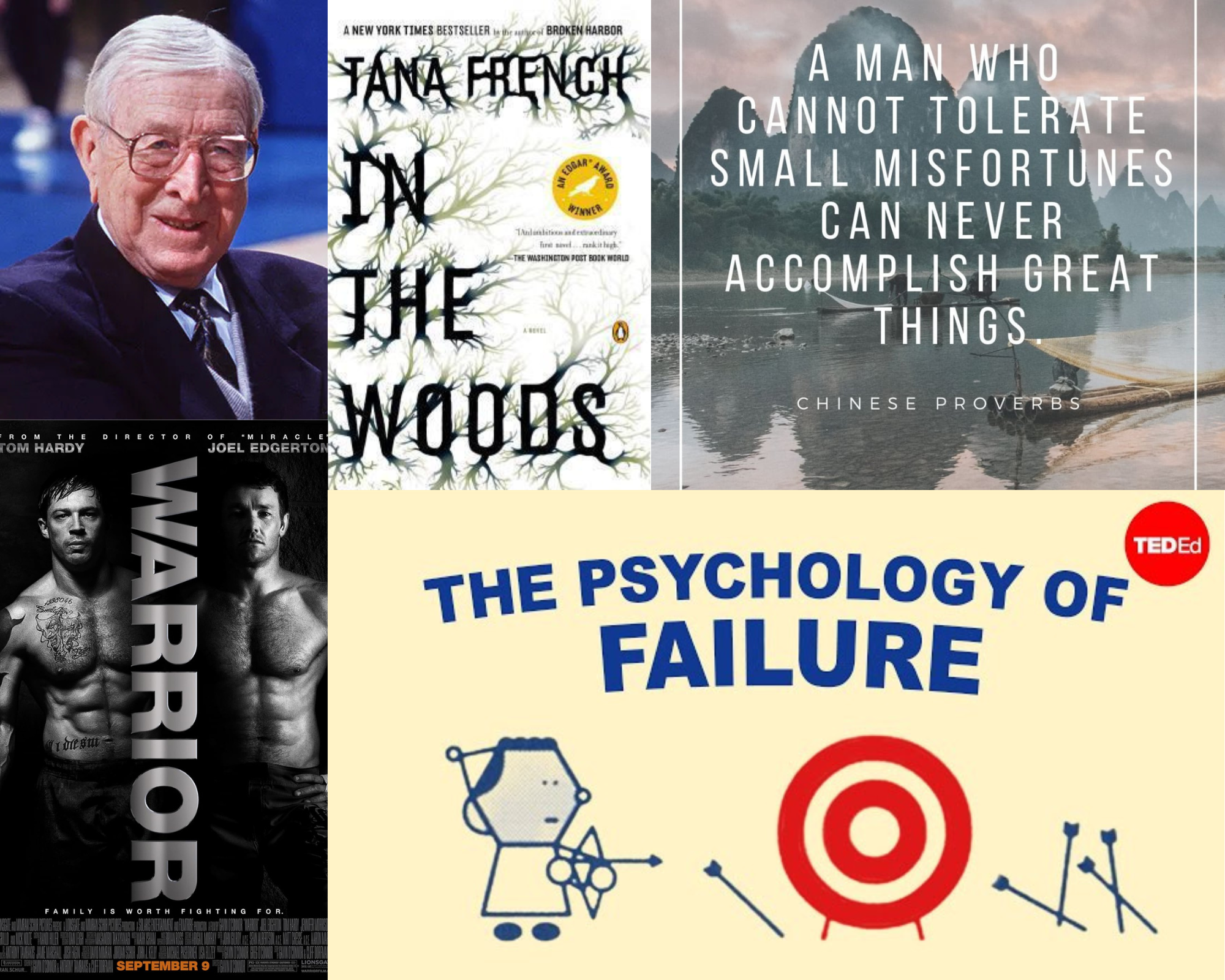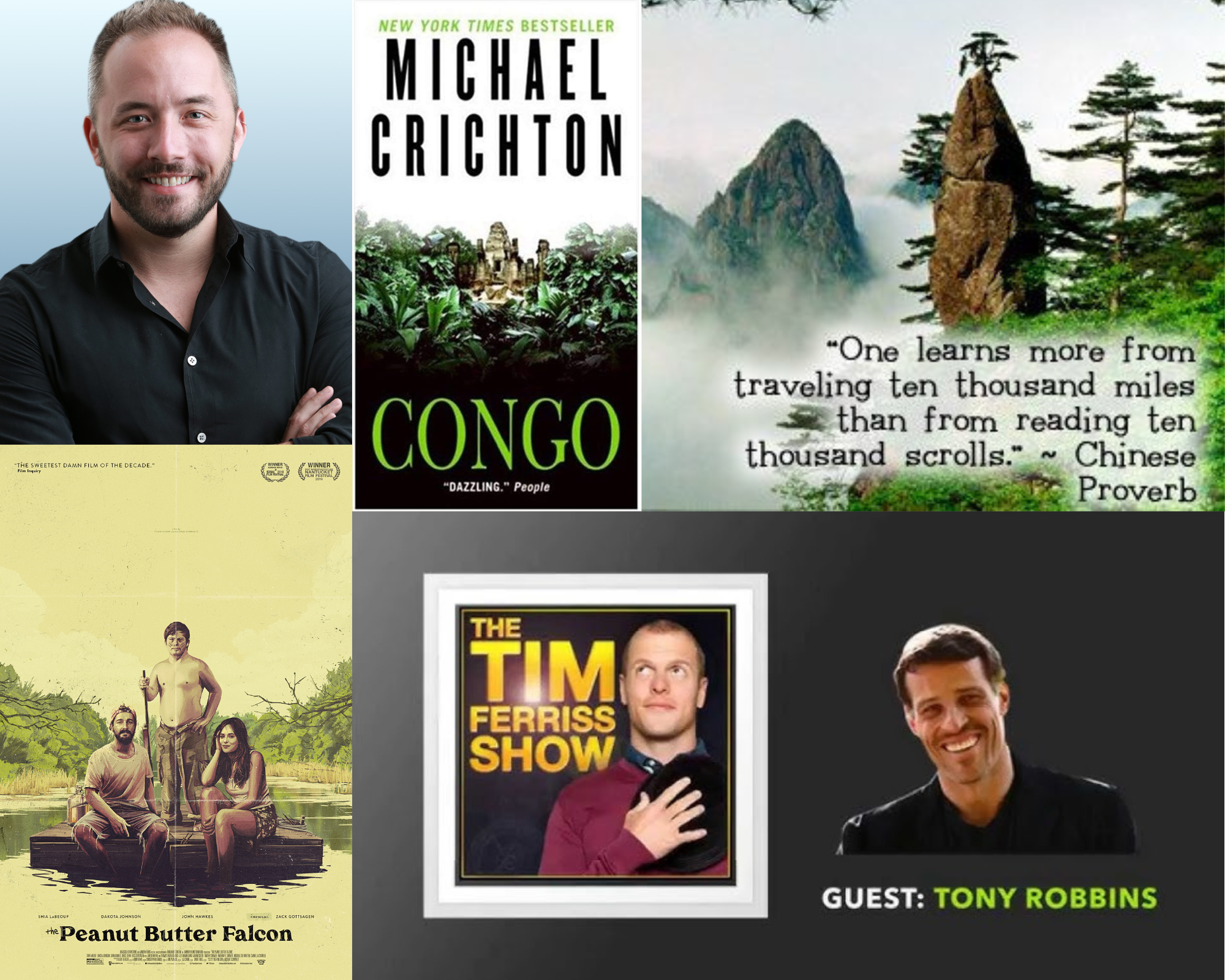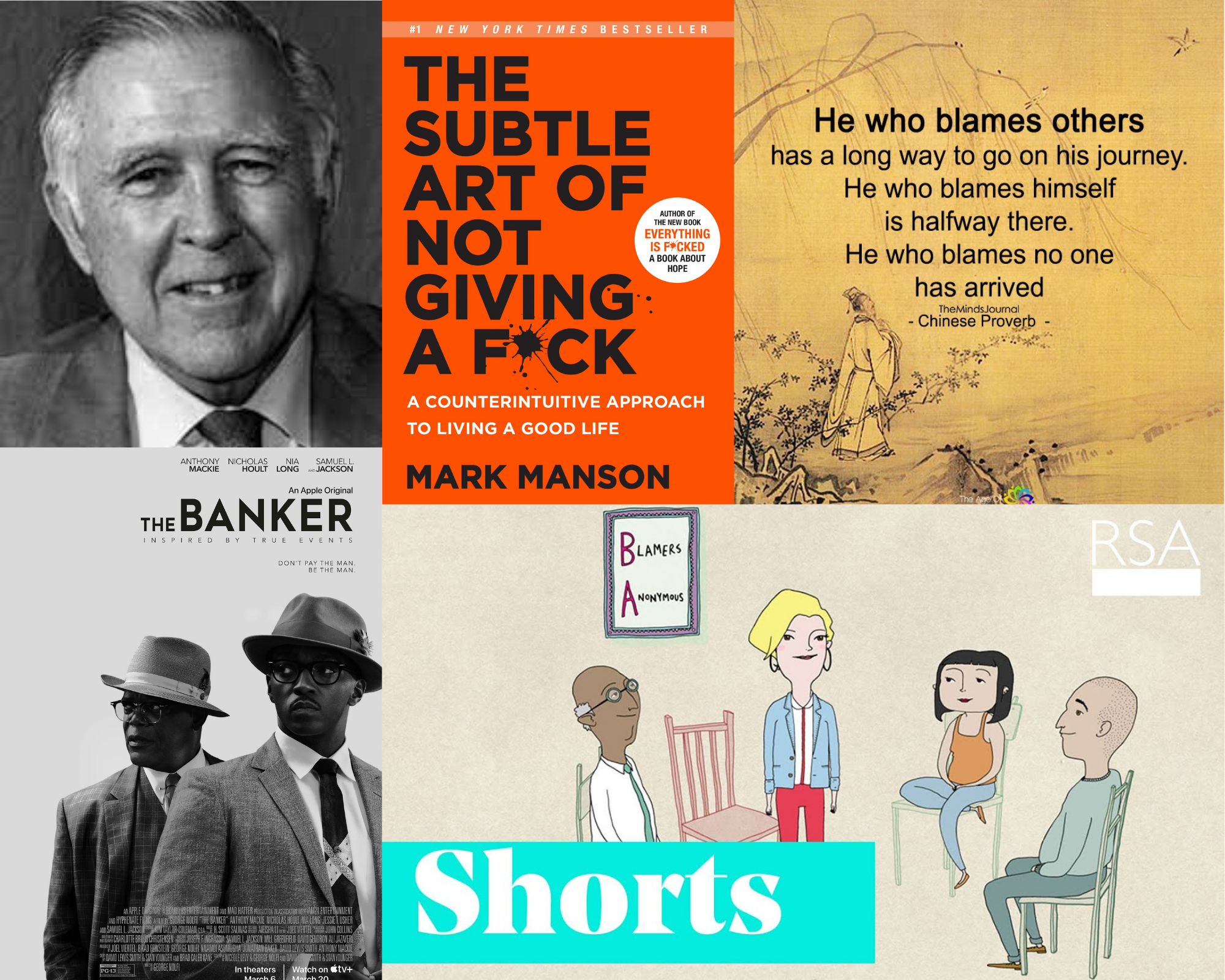Sunday Supplement #183 (November 10th, 2024)
Below is another Sunday Supplement with a quote worth sharing, a book worth reading, a movie worth watching, brainfood worth consuming, and a spiritual passage worth pondering.
Please take something away from these recommendations that enriches your week ahead!
Quote of the Week:
“If you’re not making mistakes, then you’re not doing anything. I’m positive that a doer makes mistakes.”
– John Wooden
Book of the Week:
In the Woods – Tana French
Tana French’s debut novel In the Woods won several awards, including the 2008 Edgar Award for Best First Novel by an American Author.
French is an American-Irish writer, theatrical actress, and longtime resident of Ireland. Her Dublin Murder Squad series, which started with In the Woods, features two Irish Detectives.
In the Woods follows Detectives Rob Ryan and Cassie Maddox. Ryan keeps a terrifying childhood incident a secret but finds himself assigned to a case where a 12-year-old girl was found murdered in the same woods of his childhood incident.
French’s writing is gripping, and the story is a well-crafted mystery/thriller. I highly recommend this novel to those who enjoy the genre.
Movie of the Week:
Gavin O’Connor’s Warrior tells the story of the youngest son of an alcoholic former boxer, who returns home to be trained by his father for a mixed martial arts tournament. This tournament puts the younger son on course to face off with his estranged older brother.
Tom Hardy plays the younger son, Joel Edgerton plays the older brother, and Nick Nolte plays the father. Nolte was nominated for the 2012 Academy Award for Best Performance by an Actor in a Supporting Role.
I believe the movie didn’t do as well as it should have because of the marketing campaign and trailers. It failed to show the depth of each character and their journeys in the film.
This movie has much to appreciate, including a tight script and brilliant performances. If it piques your interest, check it out.
Brainfood of the Week:
How to Overcome Your Mistakes | TED-Ed
This TED-Ed video starts by highlighting a 2019 study that invited participants to learn a mysterious invented language.
The study’s findings showed that the participants who were arbitrarily categorized as failures had a hard time doing better in the next phase of the study.
The video explains how we can avoid situations that will negatively affect our self-confidence, potentially cause pain, and make us feel demoralized or incompetent, causing our brains to stop processing new information.
At the end of the video, one of the guiding points for overcoming your mistakes is to be mindful of your self-talk.
Closing Spiritual Passage:
“The more you sweat in practice, the less you bleed in battle.”
– Chinese Proverb
This Chinese proverb reminds me of the power of practice and how any success worth achieving requires effort.
When I discovered self-improvement books, I finally understood how studying things you were interested in made learning fun.
However, if you want to learn something new, you have to be okay with failure. You have to be okay with putting in the practice, which will eventually allow you to find success.
Learn to have fun failing, move forward, and have a blessed week ahead!




